Dilip Kumar
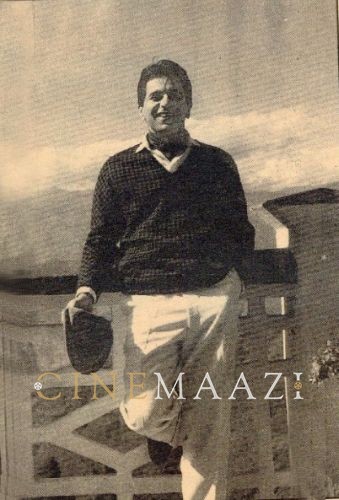
Subscribe to read full article
This section is for paid subscribers only. Our subscription is only $37/- for one full year.
You get unlimited access to all paid section and features on the website with this subscription.
Not ready for a full subscription?
You can access this article for $2 , and have it saved to your account for one year.
- Real Name: Mohammed Yusuf Khan
- Born: 11 December 1922 (Peshawar (now in Pakistan))
- Died: 7 July 2021 (Bombay)
- Primary Cinema: Hindi
- Parents: Ayesha Begum, Lala Ghulam Sarwar Khan
- Spouse: Saira Banu , Asma Rehman
The tragedy king of Hindi cinema, Dilip Kumar was born on the winter morning of 11 December 1922 in Peshawar (now in Pakistan) to Ayesha Begum and Lala Ghulam Sarwar Khan. They had a big family of thirteen children. He was their third son, after Noor Mohammed and Ayub. His parents named him Mohammed Yusuf Khan. Sarwar Khan had a business of fruits which required him to move to Bombay and Calcutta. The family was friendly with their neighbours Lal Bashernath, Prithviraj Kapoor’s father.
Due to his elder brother Ayub’s injury, the family had to shift to Bombay temporarily initially, for his treatment. They lived in a rented house at Nagdevi Street but shifted to Deodali for a while. In his new school, he befriended Mukri who also joined the film industry later in life.
A sports enthusiast since childhood, Yusuf Khan was particularly passionate about football and cricket. From his mohalla to his college, he was pretty famous as a football player, so much so that he got an offer from Khalsa College (known for a strong sports team) to join them. His older brother Nasir was the cinephile and Yusuf Khan hoped to continue with his father’s business and earn money.
During his undergraduate studies, he was also helping out with the family business. On a business trip to Nainital, he ran into Devika Rani who asked him to come by the Bombay Talkies office once back in Bombay. After he tried his hand at a canteen business, he realised that the stable, well-paying business is monotonous to his liking. He went to Bombay Talkies and on his second try, he met Devika Rani who signed him for a remuneration of Rs 500. She also offered three names and he quickly chose Dilip Kumar amongst the lot, a name that would go on to be etched in the annals of film history. Belonging to a conservative family, the alias gave him a cover from telling his strict father who would have never approved of his son joining the film industry.
He made his debut with Jwar Bhata (1944) starring opposite another newcomer Mridula. Unable to tell his family of his new source of income, he lied about working at a firm called Galxo and was eventually found out when neighbours and relatives came to his father with his face on a newspaper. His second film Pratima released the following year but it didn’t do very well in the box office. In 1947, he delivered his first hit –Jugnu. He breathed a sigh of relief when his film Mela (1948) with Nargis also did well and restored his faith in his new career. Mehboob Khan’s 1949 megahit Andaz is still remembered for the casting of Raj Kapoor and Nargis in the romance drama with Dilip Kumar as the jilted lover of Nargis. It was his breakthrough role and set the mould for many of the tragic characters he would go on to play. To name a few films that contributed to him earning the sobriquet The Tragedy King- Babul (1950), Jogan (1950), Deedar (1951), Sangdil (1952), Devdas (1955) and Madhumati (1958). 1949’s Shabnam also proved to be a big hit and established his hit pairing with Kamini Kaushal. In this time he had several box office hits such as Hulchul (1951), Daag (1952), Shikast (1953), Amar (1954), Uran Khatola (1955) and Insaniyat (1955).
Conscious of being typecast, he consciously made the decision to play more jovial characters. Mehboob Khan’s Aan (1953) saw him play a quirky peasant, Jai, who tries to woo Princess Rajeshwari in a light romantic film. It was also his first film in technicolour and the film was premiered in London for its release all across Europe. He also played some quirky characters in Azad, Insaniyat (both 1955) and Kohinoor (1960) and was as charming and engaging as he was in the tragic roles. The change in roles was apparently on the advice of his psychoanalyst who felt repeatedly playing tragic characters was having an adverse effect on his mental health. The 1957 Naya Daur by B R Chopra was one amongst many of the social films he worked in. This film brought the underlying anxiety that machines caused in an agrarian society into the forefront. During this time, he had established himself as one of the big three stars – along with Raj Kapoor and Dev Anand – of the film industry.
K Asif’s Mughal-e-Azam (1960) is a landmark film in Indian cinema’s history. Dilip Kumar brought an emotionally wounded Salim with all its glorious shades to life on screen. during the stretch of 11 years of the film in the process, the cast had changed and so did the dynamics between the actors. Apparently, Dilip Kumar and Madhubala, the lovers on screen were also romantically involved off-screen which came to an end during the making of the film. The knowledge of their private dynamic became public knowledge and it is said that the famous feather scene- which is the epitome of romance in Hindi cinema screen- was shot without the actors exchanging any words with each other. The film remained the highest-grossing Indian film for eleven years.
In 1961, he took on the role of a producer and made Gunga Jumna under the direction of Nitin Bose. He also starred in the film and was involved in every step of the making. He assisted Vyjayanthimala in getting the Bhojpuri accent in tune with the character. The film was amongst many other stories that ran along the similar lines of two brothers at the opposite ends of the law. The film received the National Award for Second Best Feature Film in Hindi. In 1964, he co-directed some scenes of Leader with AR Kardar. He played a double role in Ram Aur Shyam (1968) which was also his last major hit as a solo lead. The film also starred Mumtaz, Waheeda Rahman, and Pran. According to an interview he shared despite hits like Ram Aur Shyam, Dil Diya Dard Liya (1968) and Aadmi (1968), he felt a lack of enthusiasm towards acting at that period of time.
Dilip Kumar performed in one Bengali film in his entire film career - Sagina Mahato (1970) directed by Tapan Sinha starring opposite Saira Banu. The film was remade in Hindi in 1974 as Sagina with the same cast. B R Chopra’s Daastaan (1972) didn’t do very well in the box office. The influx of new stars like Rajesh Khanna, Amitabh Bachchan and Shatrughan Sinha meant his position in the industry was challenged. His performance in Bairaag (1976) was critically appreciated. After the film, he took a hiatus for a while when he focused his energy into philanthropic endeavours. He acted as the President for the National Association for the Blind which was a fulfilling experience for him.
He made his comeback in 1981 with Manoj Kumar’s Kranti starring opposite Shashi Kapoor, Manoj Kumar, Hema Malini, and Shatrughan Sinha. Vidhata (1982) was a collaboration with Shubhash Ghai, a filmmaker with whom he shared a fruitful energy. The following year he worked with Ramesh Sippy in Shakti which also starred Amitabh Bachchan. His performance was loved and appreciated by both audiences and critics. The climax scene when Amitabh Bachchan died in Dilip Kumar’s arms is one of the most iconic scenes for cinephiles.
Later in 1984, he shared the screen with the newcomer Anil Kapoor who played his protégé in Mashaal directed by Yash Chopra. The 1986 Karma was Shubhash Ghai’s take on cult film Sholay (1975) with some changes to the story. The film paired Kumar alongside Nutan, something that wasn’t done in their younger career.
Three decades after acing together in Paigham (1959), Raaj Kumar and Dilip Kumar shared the screen and limelight in Ghai’s Saudagaar (1991). The film was a success at the box office. After this, heappeared in minor roles in films such as Qila (1998). Although he was part of a couple of their films in early 2000s, the films were unfortunately shelved.
During his initial days at Bombay Talkies, he came across senior actor Ashok Kumar who had a big influence on his realist acting style as he emulated Kumar’s subtle and naturalistic portrayals. At the same time, one can see his acting influence in a lot of Shahrukh Khan’s portrayal of a charming lover.
Dilip Kumar, also known as The First Khan of Indian Cinema, has always been careful with the projects he has been associated with. His old neighbour and contemporary actor, Raj Kapoor often starred in socialist films but it was Kumar who earned the title of ‘Nehru’s hero’. Dilip Kumar was very invested in his projects, so much so, that he was known to have practised method acting even before Marlon Brando made the style popular. Unlike his contemporaries, his acting was always tempered with a naturalist underpaying which made him a good fit for the tortured characters he played.
Dilip Kumar married his co-star of several films Saira Banu in 1966 who is much younger than him. This raised many eyebrows but the couple has had a prosperous and loving relationship despite the few hurdles in life. He was briefly married to Asma Rehman but the two got divorced in 1983. The talented actor is quite well verseii with classical music. He was elected as an MP in Rajya Sabha by the Indian National Congress party from 2000-2006 from Maharashtra.
He has been awarded the Filmfare Award nine times till date – eight wins for Best Actor and one Special Award. The first Filmfare Award for Best Actor was given to him for his performance in Daag. After that, he won it again for Azaad, Devdas, Naya Daur, Kohinoor, Leader, Ram Aur Shyam, and Shakti. In 1993, he was awarded the Lifetime Achievement award and in 2005 he got the Filmfare Special Award for his contribution to cinema. He has also been awarded with Dadasaheb Phalke Award in 1994. In 1998, Pakistan bestowed him with their highest civilian award Nishan-e-Imtiaz. He is also the recipient of Padma Bhushan in 1991 and the Padma Vibhushan in 2015. His autobiographical book Dilip Kumar: The Substance and the Shadow was published in 2014.
At the age of 98, Dilip Kumar passed away on 7 July, 2021 at Hinduja Hospital in Bombay.
-
Filmography (61)
SortRole
-
Awards (1)

Filmfare Awards, 1983
Best Actor Award: Shakti (1982)






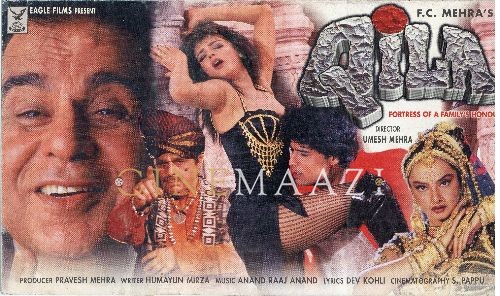
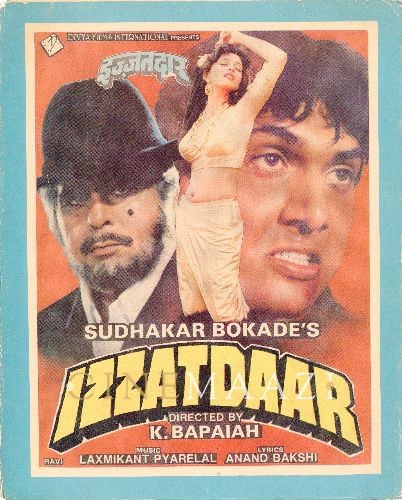
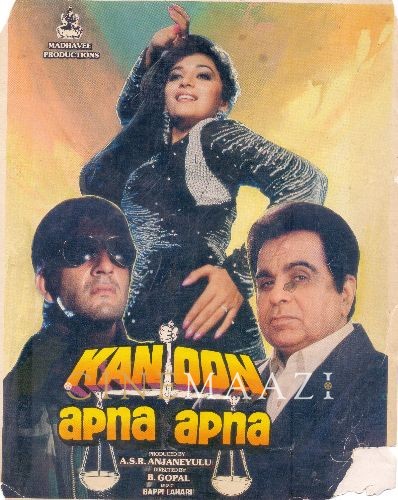
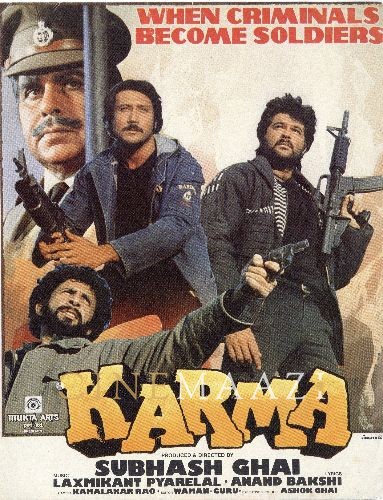
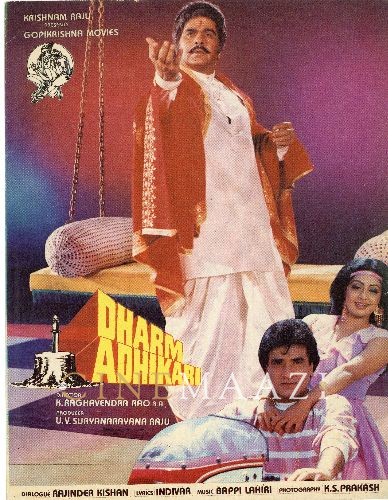
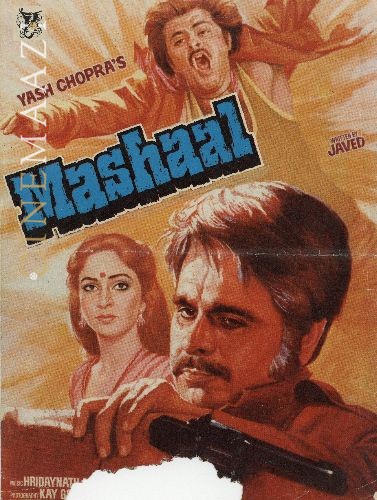
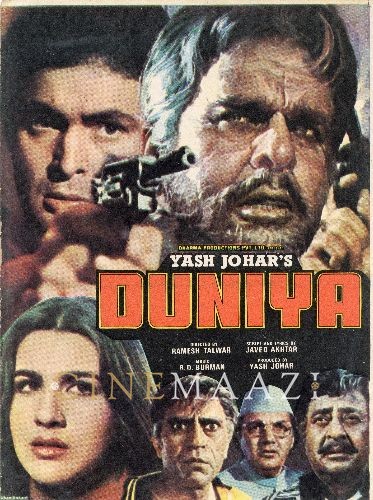
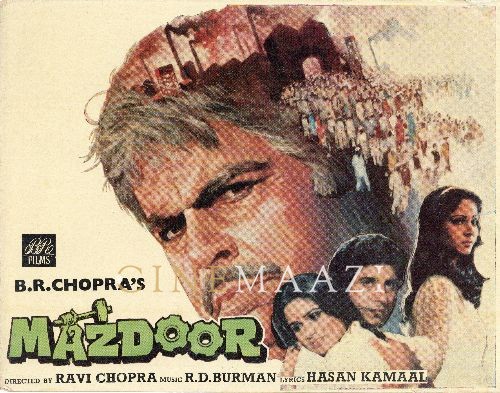
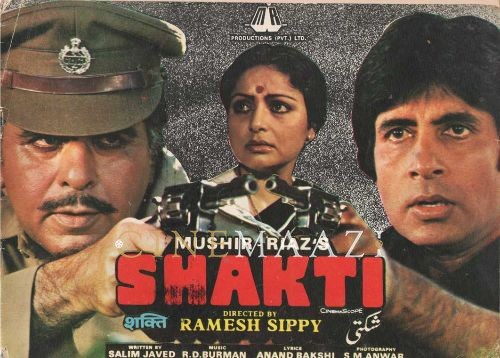
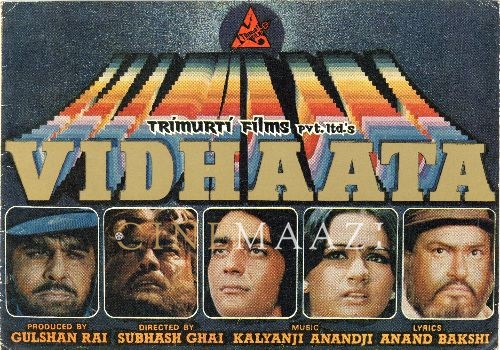
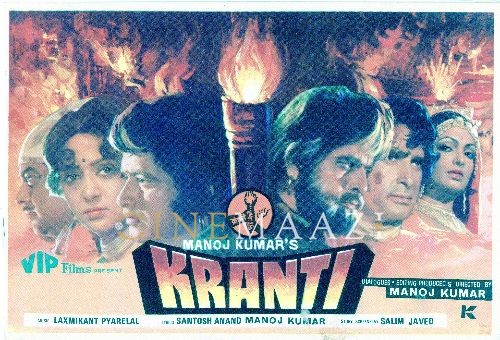

.jpg)



